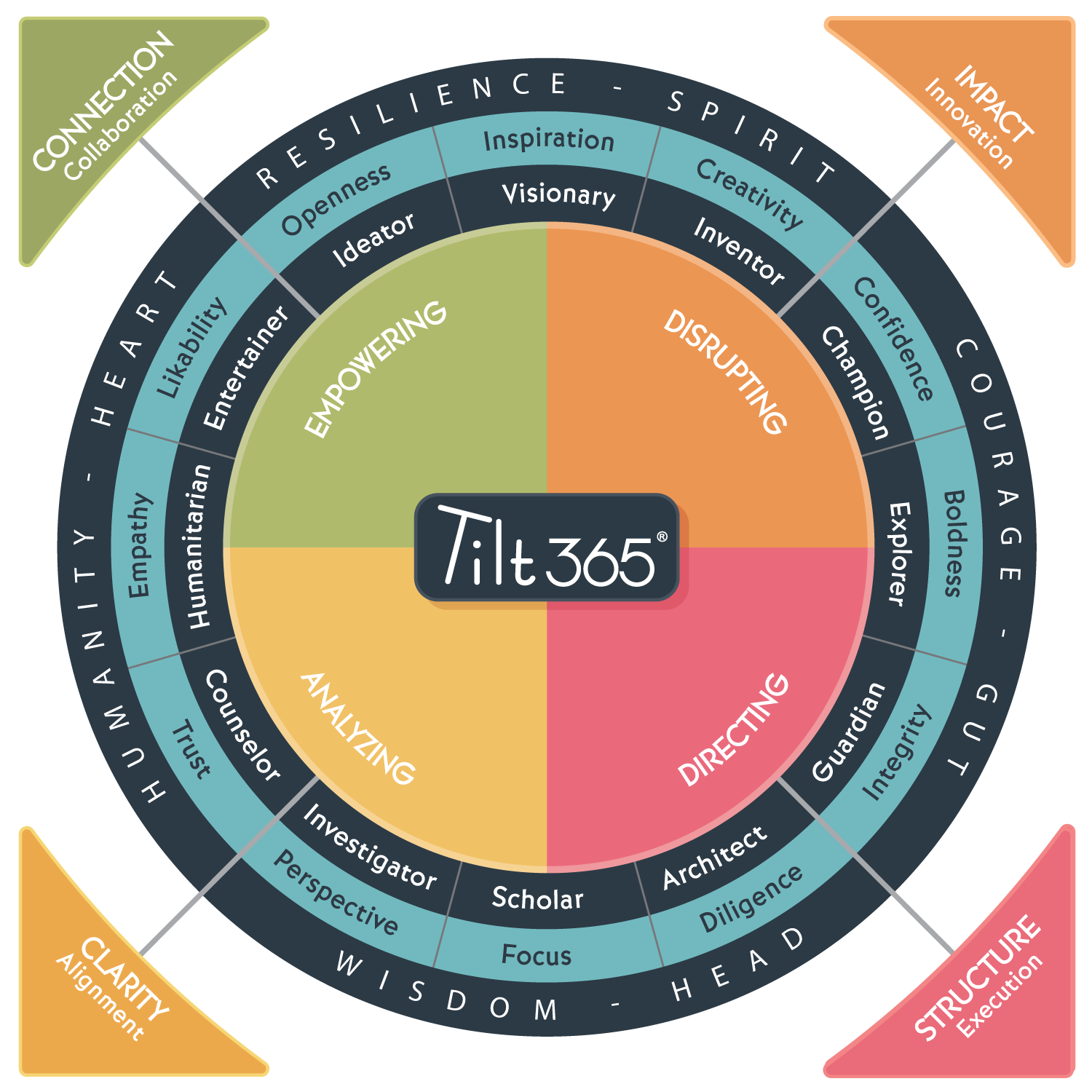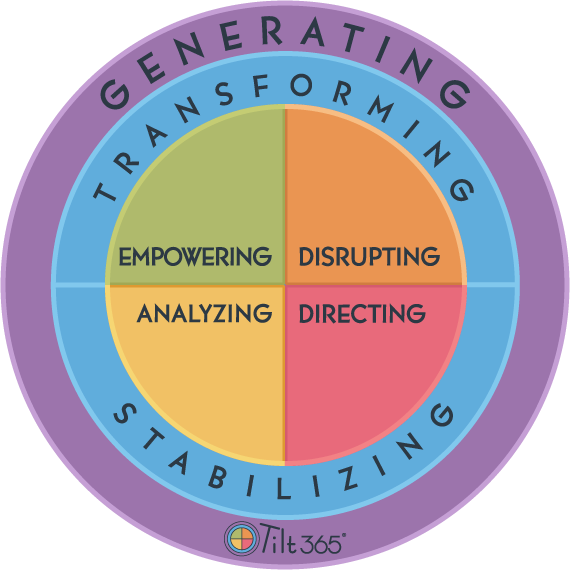利用 Tilt-Agility™ 加快战略文化转变
当人们学会了 Tilt-Agility™ 的语言,他们就能 有意识地 快速倾斜,以适应不断变化的环境。
心理安全
无意识的需求、混合动机、自我恐惧和内部冲突会导致企业功能失调。通过培养成长型思维模式,您可以建立一种富有创造力的企业文化。
提高参与度
现代劳动力正在发生变化,工作文化的植入方式也在发生变化。以一种新的、吸引人的方式定制和分享您的组织信息和价值观。
利用人员指标
通过我们的评估和人员分析,您可以快速监控组织的健康状况,识别组织的优势和潜在的警示信号。
为领导者投资
Team Agility Labs™ 解决实际问题。您可以在内部进行认证,也可以利用我们遍布全球的 Tilt 认证从业人员网络。
打造更好的企业文化
利用 Tilt 文化工具包(Tilt Culture Kit™)个性化组织信息,使人才战略与业务目标保持一致,增强目标感和意义感。
谁在倾斜
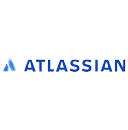
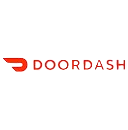
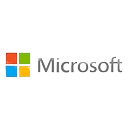
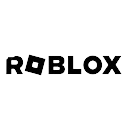
.png?width=1200&length=1200&name=zendesk-removebg-preview%20(1).png)
人们在说什么
"个性是我们的起点,但真正决定我们命运的是我们的性格"。
帕姆-博尼






我的客户之所以喜欢 Tilt,是因为它能提供深刻、可行的见解,并能随着企业的变革步伐迅速应用。我们的辅导和咨询团队利用 Tilt 打破了执行团队中的孤岛,组建了强大的跨职能项目团队,并释放了从一线员工到董事会成员等关键贡献者的潜能。Tilt 提供了一种具有凝聚力的语言和视角,可以加速战略问题的解决,释放每个人的技能和才能,最大限度地利用您在员工身上的投资。
Patrick Curran,创始人兼领导力咨询顾问
瑞帕克
大多数时候,我们只关注 "做什么",却忽视了 "怎么做"。Tilt 的全套产品为个人、团队和组织提供了日常应用的框架。一旦我们意识到自己的风格偏好,就能立即减少花在戏剧三角上的时间,同时还能为不断成长和发展提供路线图--这在全球经济中是不可或缺的。我常说:'不了解自己的偏好,怎么能有效地协作与合作?我为我所有的客户都做了真实倾斜档案。
阿比盖尔-斯塔森(Abigail Stason),大师级教师/技能培养者

我们主要在企业内部使用 Tilt365,以培养和启用一种心态、态度和计划,从而在工作场所创造高绩效。为此,我们向个人和团队传授行为选择的力量和潜力,而不是过时的错误观念,即个性是固定不变的,其实不然。我们还利用 Tilt365 推动高绩效团队的包容性,最终实现更好的决策、业务规划,有时甚至是更高的效率--只需对我们的集体选择多加留意和用心。
Gary Cole,创始人兼总经理
Archipelo Coaching
在犹他州运输管理局,我们使用 Tilt65 真实倾斜档案工具已经有好几年了,它已经成为我们许多领导力发展培训项目的重要组成部分。这是一个非常好的工具,我们可以用它来更多地了解自己的社交偏好、冲突/压力时的反应,以及在不同情况下我们是如何向他人展示自己的。 作为一名领导力发展培训专家,我会向任何寻求有助于员工个人和职业发展的工具的客户型组织强烈推荐真实倾斜档案!
Shari M. Burgess,领导力发展管理员
犹他州运输管理局
常见问题
什么是企业文化?
文化是无形的,通过整个公司的共同行为和规范间接表达出来。它是人们期望其他人去做的事情,去遵循这个 "部落 "不明确的文化规范。
文化可以改变吗?
是的,组织文化是可以改变的。但是,由于这往往涉及不同业务部门、不同地点甚至不同国家的许多人的改变,因此需要时间。
改变文化的最佳方式是什么?
由于文化变革是一个长期的过程,因此,努力改变有影响力的团队(或微观文化)的文化,是推动组织自下而上变革的一种更快、更有效的方法。一个团队的氛围直接受其领导者个性的影响,因此,改变领导者会迅速改变团队的氛围。领导者的个性决定并塑造了团队文化,因此要改变他们的行为,就必须提高自我意识。旨在提高自我意识的评估通常用于促进领导者、团队以及组织规范的改变。
组织功能失调有哪些症状?
消极的组织文化有多种表现形式,如功能失调的工作场所管理,但结果却大同小异。当行为和制度鼓励团队内部竞争、阻碍信任、试图通过恐惧来激励行动时,就会出现功能失调的企业文化。
有毒文化的四个线索是什么?
企业功能失调源于领导者和员工的行为,并经常在团队动态中表现出来。功能失调的工作场所行为为良性互动定下了错误的基调,阻碍了成功。以下四条线索告诉你,你可能拥有一种有毒的文化:寻求权力和支配行为、寻求地位和贬低行为、寻求认可和指责行为,以及寻求关注和捏造行为。
什么是良好的企业文化?
敏捷的公司是健康的。敏捷文化的基础和核心要素是强大的内部性格,这样才有可能实现创新。超越 "软技能",敏捷意味着专注、有影响力、有动力地朝着共同目标前进。具体来说,它意味着同时从智慧、勇气、韧性和人性出发开展工作。
如何将 Tilt365 评估用于领导力发展?
Tilt365 框架是一个心智模型,它展示了领导者的 12 种性格优势,这些优势可以营造出一种能够产生创新和创造力的团队氛围。它代表了一种领导艺术,其中包含了一系列优势,在稳定与变化之间形成必要的张力,从而帮助团队取得更好的业绩。Tilt365 测评结果可以为了解领导者的倾向提供有价值的见解,帮助确定领导技能可以改进的领域。它还能帮助领导者更好地了解团队成员的行为倾向,从而更有效地进行领导。
为什么性格测评在工作场所很重要?
性格测评可以测量人们在不同情境下的感知和互动方式的持续性差异,因此在工作场所适当使用非常有价值。人格测评也是领导力发展和团队发展的有用工具。反馈信息可以帮助个人了解自己和他人,并提供提高个人敏捷性的策略。
人力资源部门如何使用人格测评?
人力资源从业人员可以在很多方面使用基于优势的个性评估,包括个人发展、团队发展、绩效管理、员工关系、人力尽职调查、文化转型等等。
组织中如何经常误用人格测评?
人格测评被用于从特质的角度将类型定性为 "错误的 "或 "坏的",这是一种典型的滥用。基于 "类型 "的招聘也经常被滥用,例如,在没有科学依据的情况下,暗示一个人的 "类型 "适合或不适合某项工作或角色。这就是为什么有些评估应该经过严格测试才能用于招聘的原因。
Can I use these assessments for hiring/selection/promotion?
Tilt365 assessments are designed for use in development and not specifically researched for use in selection criteria. Many organizations use Tilt365 assessments in onboarding very early post-selection and can be used in conjunction with other selection methods that ensure a thorough hiring process.
Although personality is not a protected class, assigning a single personality to an individual under the impression that they cannot change is a type of profiling that if used as the basis for hiring, firing, promotions, demotions, or succession planning can potentially violate the Americans with Disabilities Act (“ADA”), Title VII of the Civil Rights Act of 1964 (“Title VII”), and the Age Discrimination in Employment Act (“ADEA”).
At Tilt365, we recommend hiring people for their skills, knowledge, abilities and character strengths, not their personality traits.
Why should I use Tilt365 assessments if my organization already uses other assessments?
Many personality assessments don’t provide memorable results. And what you can't remember, you won't be likely to apply. Yes, people are more complex than four patterns, but most business leaders don't have time to learn numerous letter combinations and types that are not linked to a business framework. The Tilt patterns are easy to remember because they clearly describe the associated behavioral patterns. For example, 'Connection' Tilts enjoy making and maintaining social connections. Tilt addresses the additional complexity of humans through the Unique Amplifier™, which is unique to each individual.
To take a deeper dive, visit our two blogs on why we built a better personality assessment for agile teams and the slightly brighter truth behind personality assessments. Taking the True Tilt Personality assessment, you can skip right to finding your strengths in as little as five minutes.
What are the mindsets associated with the Tilt365 framework and assessments?
The Tilt365 framework indeed consists of the following mindsets:
· Protective Mindset: This mindset emphasizes self-preservation and maintaining personal boundaries. It focuses on self-protection, risk aversion, and ensuring personal well-being.
· Competitive Mindset: The Competitive mindset emphasizes striving for success, outperforming others, and achieving personal and organizational goals. It fosters a drive for achievement, ambition, and a focus on being the best.
· Integrative Mindset: The Integrative mindset emphasizes collaboration, teamwork, and seeking win-win outcomes. It promotes cooperation, synergy, and the ability to bring diverse perspectives together.
· Adaptive Mindset: The Adaptive mindset focuses on flexibility, agility, and the ability to navigate change. It involves being open to new ideas, adjusting to new circumstances, and continuously learning and evolving.
· Agile Mindset: The Agile mindset emphasizes responsiveness, adaptability, and embracing iterative approaches. It promotes the ability to pivot, experiment, and rapidly respond to feedback and changing requirements.
· Generative Mindset: The Generative mindset is considered the ideal mindset within the Tilt365 framework. It represents a mindset of growth, contribution, and making a positive impact. It encompasses qualities such as mentorship, collaboration, and leaving a meaningful legacy.
It's important to note that the Tilt365 framework views these mindsets as a holarchy rather than a hierarchy. This means that each mindset has its own unique value and can be beneficial in different contexts. The framework recognizes that individuals may naturally lean towards one or more mindsets but encourages the development and integration of all mindsets to enhance overall effectiveness and adaptability.
What does the Tilt365 framework and assessments measure?
The Tilt365 framework measures four dimensions referred to as meta-strengths. These dimensions are:
· Humanity: The Humanity meta-strength focuses on empathy, compassion, and the ability to connect with others on an emotional level. It encompasses qualities such as understanding, kindness, and building strong relationships.
· Wisdom: The Wisdom meta-strength emphasizes critical thinking, judgment, and the ability to make informed decisions. It involves seeking knowledge, applying experience, and demonstrating sound reasoning.
· Courage: The Courage meta-strength encompasses bravery, taking risks, and overcoming fears. It involves stepping outside of one's comfort zone, embracing challenges, and showing resilience in the face of adversity.
· Resilience: The Resilience meta-strength centers on bouncing back from setbacks, adapting to change, and maintaining a positive mindset. It involves perseverance, flexibility, and the ability to recover and grow from difficult situations.
These meta-strengths reflect important aspects of personal and professional development, and they provide a framework for understanding and enhancing one's capabilities in these dimensions. By assessing and developing these meta-strengths, individuals can cultivate a well-rounded approach to their personal growth and performance.
How does the Tilt365 framework relate to agile attributes and principles?
Tilt365 is a personality development framework (and assessments) that aims to help individuals develop and enhance their strengths across various dimensions. While there isn't a specific 'Agile' personality, you can learn to Tilt intentionally and incorporate the following agile attributes into your personal development to align with agile principles:
· Adaptability: Embrace change and cultivate a mindset that sees opportunities in shifting circumstances. Practice flexibility and be open to new ideas, approaches, and feedback.
· Collaborator: Strengthen your ability to work effectively with others. Foster a collaborative mindset, actively listen to others, share knowledge, and contribute to team success.
· Communicator: Hone your communication skills to convey ideas clearly and concisely. Foster effective and transparent communication with team members, stakeholders, and customers.
· Problem Solver: Develop strong problem-solving skills and critical thinking abilities. Embrace a proactive attitude towards identifying and resolving challenges to keep projects on track.
· Self-Motivator: Cultivate self-motivation and take ownership of your work. Set clear goals, manage your time effectively, and stay focused on delivering value and meeting deadlines.
· Growth Mindset: Adopt a growth mindset that values continuous learning and improvement. Embrace challenges as opportunities for growth, seek out feedback, and actively pursue personal and professional development.
By incorporating these agile skills into your personal development journey, you can enhance your abilities and align them with the principles of agility. Remember, developing an 'agile personality' is about embracing the agile mindset, embracing collaboration and adaptability, and continuously improving your skills and approach to work.
